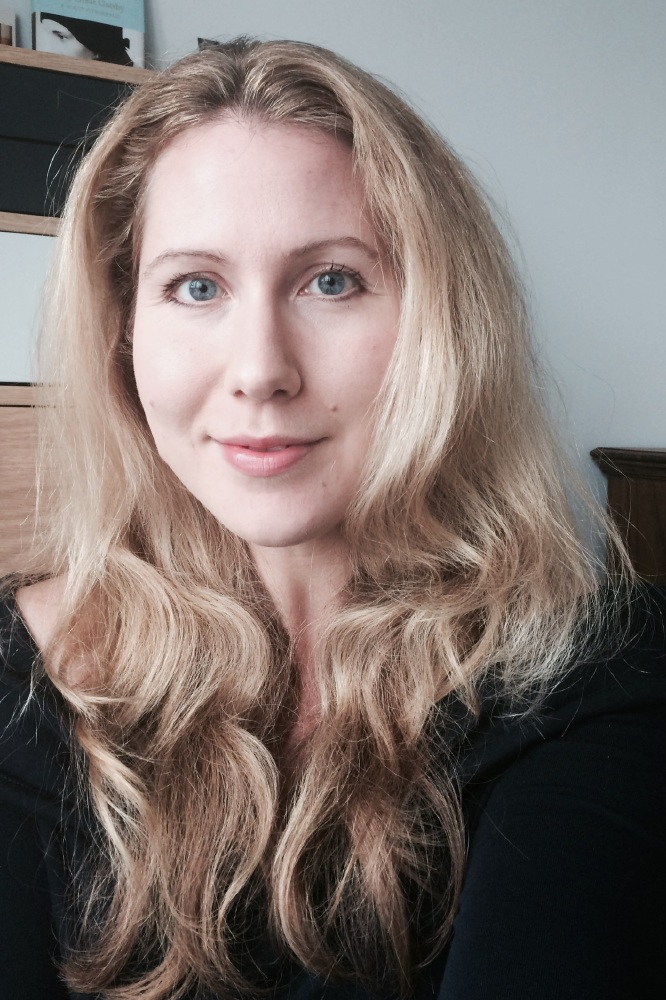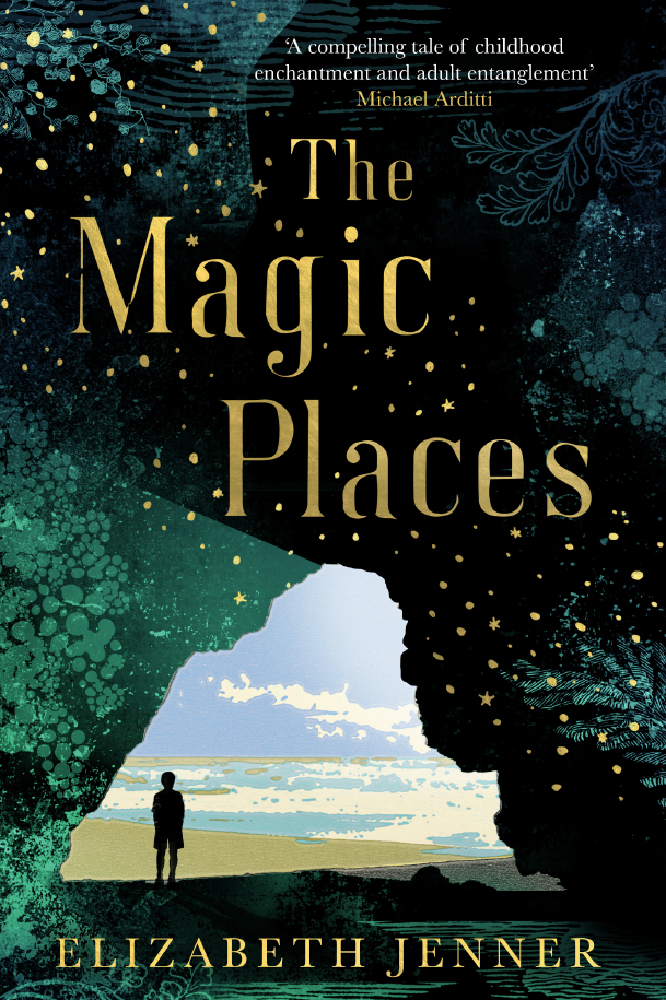I can’t remember exactly how old I was, or which windy beach we were on that day, but I do remember my mother stooping to pick something up and pressing it into my hand. ‘Look,’ she said. ‘A mermaid jewel.’

Elizabeth Jenner
In the palm of my hand was a pale green gem, roughly frosted in white, which seemed to glow. ‘Really?’ I said.
‘Really,’ she said.
We found many more that day. Green ones, blue ones, red ones. Ones that were perfectly round, ones with curious jagged edges, and ones so small you could hardly see them against the sand. They were all beautiful. We poured them into a paper napkin and took them all home, where she helped me use them to decorate a cardboard box in which I kept my bracelets and ribbons. A jewellery box, stolen from the sea.
Of course, I wasn’t too much older before I realised my gems were only seaglass. No mermaid had ever worn these broken bits of wine bottles with their rough edges smoothed by the salt and sand, that littered the beaches alongside all the drink cans and plastic packets. But I still treasure that box, and those beautiful stones on the the beach will always, to me, have been dropped by careless mermaids .
So why do so many of us hold on to our ‘mermaid jewels’ when we grow up? On one level, it seems odd. We have to live our lives so firmly rooted in a real world, full of practical certainties. The sky is blue, the ground is firm beneath our feet, and the sea is full of fish and seaweed and broken bottles. We have spent a long time during our childhood learning these things, acquiring knowledge that equips us for our adult lives. Why should we cling to these inaccurate theories that we’ve pieced together to help us navigate the world?
However, they may be accurate, but they are not magic. There is so much of childhood that is magical, precisely because it is so mysterious. It is a short, wonderful period that happens before we have an explanation for everything, before we are able to rationalise and deduce the real, scientific reason for the weird noise, the flickering light, the colourful stones on the beach. We can let ourselves believe so many more things to be true than we are ever allowed to as adults.
As an adult, living a daily life of commuting and supermarkets and electricity bills, I miss that. I miss hearing strange bumps in the night and wondering if I would meet a ghost. I miss opening wardrobes and expecting to find Narnia. There is something both very comforting and intoxicating about allowing yourself, through those small acts of memory, to hold on to a certain belief in a time when the world was more unknown, more mysterious, more magical. It allows me to escape from the practicalities and the stresses of the real world for one glorious moment.
So somewhere, at the bottom of the sea, there will always be a mermaid combing her hair before putting on her tiara studded with seaglass.
The Magic Places is Elizabeth Jenner's debut novel. It is published on 20th May by Arcadia Books


